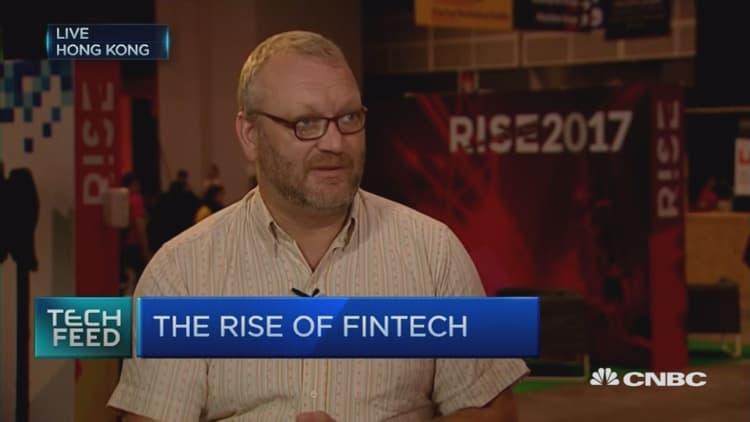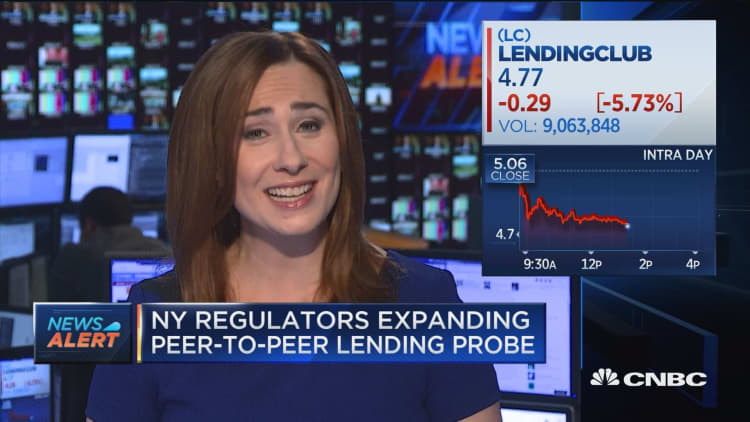
Financial technology companies have a curious request of regulators: how about a mulligan?
It's one of the things fintech start-ups pointed to when asked by the Treasury Department's Office of the Comptroller of the Currency for their ideas on how to bring regulation to the rapidly evolving sector. Big banks and tech companies also weighed in; much of the input Treasury received during its comment period came from fintech companies looking for broader inclusion on Wall Street.
Financial services technology firm Markit asked the OCC whether companies "have appropriate space to breathe, to develop and test innovative solutions without fear of enforcement action and regulatory fines," in a letter submitted May 31.
This isn't to say fintech start-ups are naïve about what is projected to be greater compliance expectations from regulators.
"As technology-based third-party relationships have taken an increasingly significant role for banks, the need for focused regulatory guidance has increased," Richard Neiman, LendingClub's head of regulatory and government affairs, wrote to the Treasury.
One of the areas where banks and start-ups appeared to agree is on the need for an incubation period for fintech to develop.
In its submission to the OCC, Microsoft wrote that there is a need for a U.S. version of the U.K. Financial Conduct Authority's "sandbox" for up-and-coming technology, but that it will also require collaboration among regulators. The need for a U.S. version of the FCA's fintech approach was echoed in several other commenters' notes, including from law firm Morrison Foerster and Citigroup.
Blockchain companies weighed in as well. Markit sought capital requirements for banks be scaled back if they used blockchain tech to clear trades. Coinbase pushed regulators to encourage traditional financial services firms to launch application programming interfaces (better known as APIs) to foster app technology.
Start-ups also sought greater access to regulatory data and further inclusion in the U.S. payments system, from which they have been largely excluded over the industry's early development.

Citi FinTech CEO Heather Cox told regulators in a letter to the OCC that the bank wants "greater weight for alternative delivery systems if they are effective in providing needed services to low- and moderate-income individuals." Coming on the heels of the Consumer Financial Protection Bureau's crackdown on brick-and-mortar payday lenders, fintech may well represent the best opportunity for underbanked consumers to access banking products.
Not everyone came to Treasury looking to catch a break on rules; Capital One Senior Vice President Meredith Fuchs had new ideas to help foster further innovation in the department.
"We recommend the OCC explore nontraditional sources of talent who have a different set of experiences or formal training customarily considered by the OCC," which might include "engineers, product managers, data scientists and designers who may not come from banks, but rather from leading technology companies," Fuchs wrote.
Correction: Microsoft sees a need for a U.S. version of the U.K. Financial Conduct Authority. An earlier version misstated the name.


